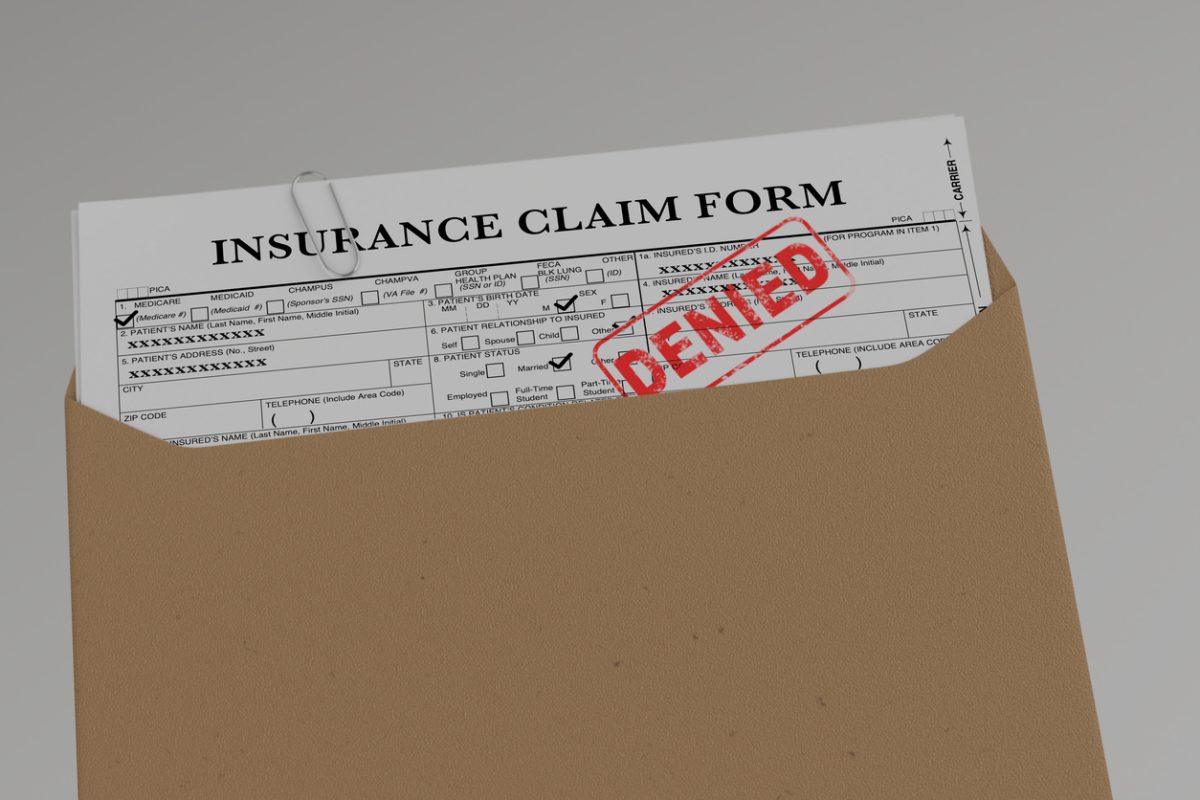What Is Proximate Cause in Insurance?
Proximate cause in insurance is the principle that determines which event in a chain of circumstances is the most direct and significant cause of a loss. This principle is essential because insurance policies only cover losses that result directly from insured perils. When multiple events contribute to a loss, proximate cause helps identify the dominant reason that triggered the damage or injury. For a personal injury claim to be successful, the proximate cause must be a peril covered by your insurance policy. If the loss is traced back to an excluded peril, your claim may be denied, regardless of subsequent events that contributed to the outcome.
Why Proximate Cause Matters in Personal Injury Claims
In personal injury claims, the concept of proximate cause in insurance is crucial because it directly affects whether your insurance will pay for your damages. Insurance companies use proximate cause to decide if your injury resulted from an event that the policy covers. If the proximate cause is a covered peril, your claim stands a strong chance of being accepted. If not, even if you suffered real harm, your insurer may deny your claim. The determination of proximate cause is not always straightforward, especially when several factors or events are involved. Courts and insurers look for the most active and efficient cause that set the chain of events in motion and led to the injury.
How Insurers Determine Proximate Cause in Insurance Claims
When assessing a personal injury claim, insurers analyze the sequence of events leading up to the loss. They examine whether the direct cause of injury is covered by the policy and whether any exclusions apply. If multiple causes are present, the insurer identifies the dominant one—the proximate cause—that had the most significant impact in bringing about the injury. For example, if a slip and fall occurs due to a wet floor after a storm, but the storm itself is an excluded peril, the insurer may argue that the storm is the proximate cause and deny the claim.
Proximate Cause and the Chain of Events
The concept of proximate cause in insurance is about more than just identifying a single event. It involves analyzing the entire chain of events to determine which was most influential in causing the loss. Insurers and courts consider whether any breaks in causation occurred and whether intervening events changed the outcome. The legal maxim “causa proxima non remota spectatur” means “the proximate, not the remote cause is considered.” This maxim guides claim decisions, focusing on the immediate and effective cause rather than distant or indirect factors.
Legal Interpretation of Proximate Cause in Insurance
Legal systems often apply the principle of proximate cause in insurance to resolve disputes about coverage. Courts look at the facts and decide which event was the most direct cause of the loss. In the United States, for instance, common law requires that the proximate cause be foreseeable and closely linked to the injury. If the chain of events is too remote or unforeseeable, courts may rule that the insurer is not liable. This approach ensures fairness and consistency in claim settlements and helps clarify ambiguous policy language.
Proximate Cause in Complex Claims
Personal injury claims can become complicated when multiple factors contribute to the injury. For example, if a car accident results from both a mechanical failure and a driver’s negligence, insurers must determine which factor was the proximate cause. If the mechanical failure is excluded from coverage but negligence is not, the outcome of the claim will depend on which cause is deemed dominant. This analysis is critical in ensuring that only covered perils result in compensation, maintaining the integrity of the insurance contract.
Proximate Cause and Exclusions in Insurance Policies
Insurance policies contain exclusions that can override coverage if the proximate cause in insurance falls under an excluded category. Even if a subsequent event is covered, if the initial cause is excluded, the insurer may deny the claim. Understanding the exclusions in your policy and how they relate to proximate cause is vital for anyone pursuing a personal injury claim. Policyholders should review their coverage carefully and seek clarification on ambiguous terms to avoid surprises during the claims process.
The Role of Proximate Cause in Marine and Property Insurance
While proximate cause in insurance is fundamental in personal injury claims, it is equally important in marine and property insurance. In marine insurance, for example, only the nearest cause of the loss is considered when assessing a claim. If a storm damages cargo, the storm is the proximate cause, and the claim is valid if storms are covered. This principle ensures that insurers only pay for losses directly linked to insured perils, preventing disputes over distant or unrelated causes.
Proximate Cause and Legal Precedents
Judicial decisions have shaped the interpretation of proximate cause in insurance law. Courts have moved from a rigid, immediate-cause approach to a more contextual analysis, considering the facts of each case. This evolution reflects the need for fairness and the recognition that real-life events are often complex and interconnected. Legal precedents help guide insurers and policyholders in understanding how proximate cause applies to their claims, reducing litigation and promoting consistent outcomes.
What to Do If Proximate Cause Is Disputed in Your Claim
If your insurer disputes the proximate cause in insurance of your injury and denies your claim, you have the right to challenge their decision. Start by reviewing your policy and gathering evidence that supports your version of events. Communicate with your insurer in writing and request a detailed explanation of their decision. If you are unable to resolve the dispute, you can file a complaint with your state’s insurance regulator. Government resources and guidance on insurance regulations and consumer rights are available to help you understand your options and rights as a policyholder. For more information on insurance regulations and consumer protection, you can visit the USA.gov Insurance page.
The 7 Principles of Insurance Contracts: When You Need an Attorney
Understanding proximate cause is only one part of navigating insurance law. The broader framework includes the 7 Principles of Insurance Contracts: When You Need an Attorney, which are designed to protect both policyholders and insurers. These principles—such as utmost good faith, insurable interest, indemnity, subrogation, contribution, proximate cause, and loss minimization—work together to ensure fair and transparent claim settlements. If you believe your insurer is not upholding these principles, especially in disputes over proximate cause, it may be time to seek legal advice. To learn more about these foundational rules and when legal support may be necessary, visit The 7 Principles of Insurance Contracts: When You Need an Attorney.
Conclusion: Proximate Cause Can Make or Break Your Personal Injury Claim
Proximate cause in insurance is a pivotal insurance principle that can determine the outcome of your personal injury claim. It requires careful analysis of the chain of events and a clear understanding of your policy’s coverage and exclusions. By staying informed about proximate cause and the 7 Principles of Insurance Contracts: When You Need an Attorney, you can better protect your rights and improve your chances of a successful claim. If you encounter disputes, use available legal and regulatory resources to challenge unfair decisions and ensure your insurance serves its intended purpose.


